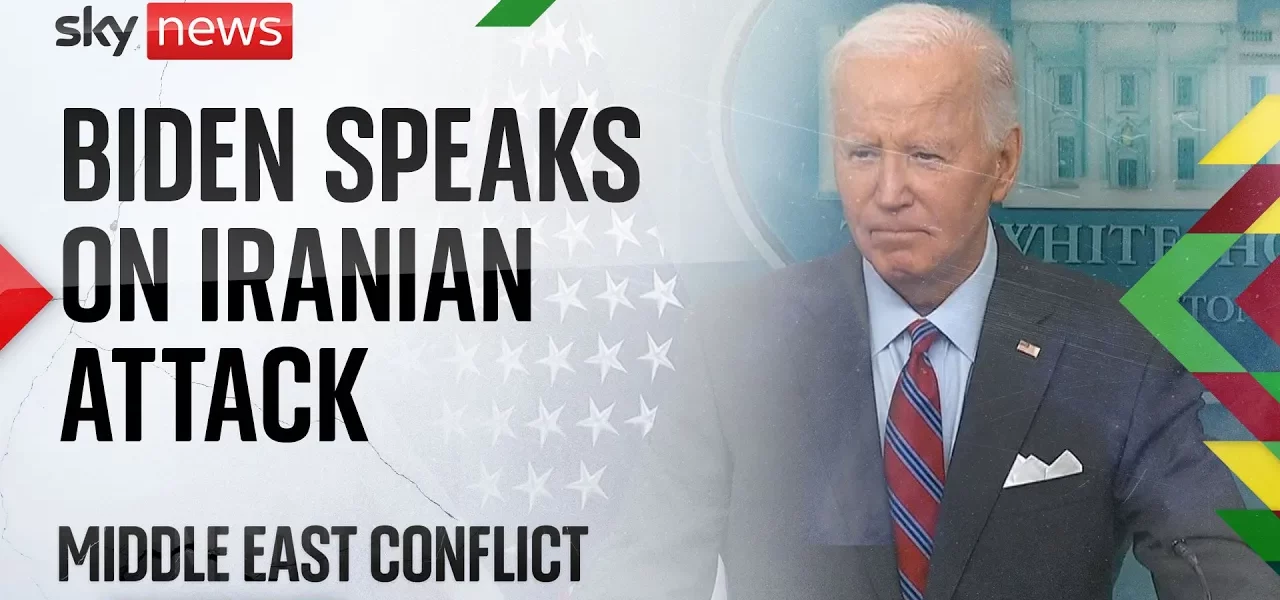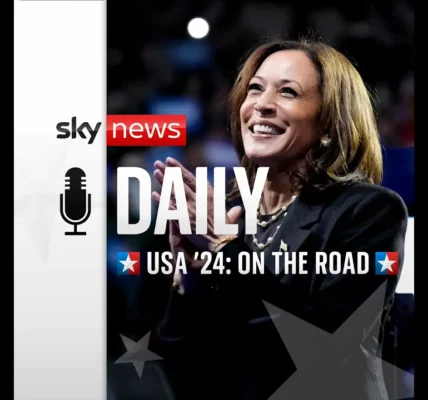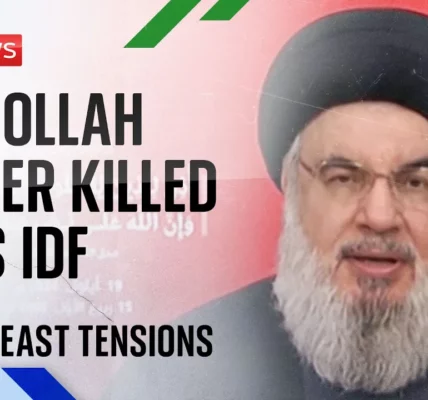President Biden’s Surprise Appearance: Key Takeaways on Israel, Iran, and Upcoming Elections

In an unexpected turn of events, President Biden made a surprising appearance in the White House briefing room, discussing critical issues surrounding Israel, Iran, and the upcoming elections. This article delves into the key points raised during this significant press conference, highlighting the evolving geopolitical landscape and its implications.
Introduction
On an ordinary day at the White House, an extraordinary event unfolded as President Joe Biden stepped into the briefing room, capturing the attention of both the press and the public. This moment marked a significant departure from his usual routine, where press secretary Karine Jean-Pierre typically addresses the media. Biden’s unanticipated presence was not merely a ceremonial gesture; it underscored pressing geopolitical issues, particularly concerning Israel and Iran, and the upcoming elections. This article will unpack the implications of Biden’s statements, the context behind them, and the reactions they elicited.
Significance of President Biden’s Appearance
President Biden’s surprise appearance in the briefing room is notable for several reasons:
- First Time in the Briefing Room: This marks the first time during his presidency that Biden has addressed the press directly in this capacity, which was unexpected by many.
- Media Excitement: The excitement among journalists was palpable, especially since Biden has faced criticism for his limited interaction with the press throughout his administration.
- Addressing Critical Issues: The timing and content of his address were crucial given the ongoing tensions in the Middle East.
Biden’s Message on Israel and Iran
During the briefing, Biden emphasized the strong ties between the United States and Israel, conveying a clear message to Prime Minister Netanyahu regarding the ongoing situation with Iran.
Support for Israel
Biden stated emphatically that no administration has aided Israel more than his own. This assertion underscores the historical context of U.S.-Israeli relations and Biden’s commitment to supporting Israel amidst rising tensions in the region.
Current Tensions with Iran
The backdrop of his statements includes the escalating conflict with Iran. Biden noted that Israel has yet to decide on a response to Iran’s recent attacks and indicated that high Jewish holidays could impact their decision-making timeline.
U.S. Influence and Communication
Biden reassured the press that U.S. teams are in constant communication with their Israeli counterparts, engaging in discussions approximately 12 hours a day. This indicates a proactive approach to diplomacy, even if the effectiveness of U.S. influence in the region remains a topic of debate.
Ceasefire Plans and Sanctions on Iran
Among the critical points discussed were the proposed ceasefire plans and sanctions against Iran.
Ceasefire Proposals
Biden mentioned a previously floated 21-day ceasefire plan aimed at stabilizing the situation in Lebanon and Gaza. Although the proposal faced immediate challenges, he expressed hope for its viability, supported by the G7 nations.
Sanctions Debate
Addressing sanctions on Iran, Biden acknowledged the skepticism surrounding their effectiveness. However, he maintained that sanctions—including those targeting Iranian oil—are still under consideration as a viable strategy to counter Iranian aggression.
Concerns About Upcoming Elections
Towards the end of the briefing, Biden was queried about the upcoming elections, which are less than a month away. His responses highlighted two critical concerns:
Free and Fair Elections
Biden expressed confidence that the elections would be free and fair, reflecting his administration’s commitment to democratic principles.
Potential for Unrest
Conversely, Biden conveyed uncertainty about whether the elections would be peaceful, hinting at the potential for unrest amid a politically charged atmosphere.
Conclusion
President Biden’s surprise appearance in the White House briefing room provided a rare glimpse into his administration’s stance on key foreign policy issues, particularly regarding Israel and Iran. His emphasis on U.S. support for Israel, ongoing diplomatic communications, and the challenges posed by upcoming elections are crucial takeaways from this unprecedented event. As the situation evolves, staying informed will be vital. For more insights on U.S.-Middle East relations and the upcoming elections, check out our related articles on U.S.-Middle East Relations and Upcoming Elections Analysis.
“`




